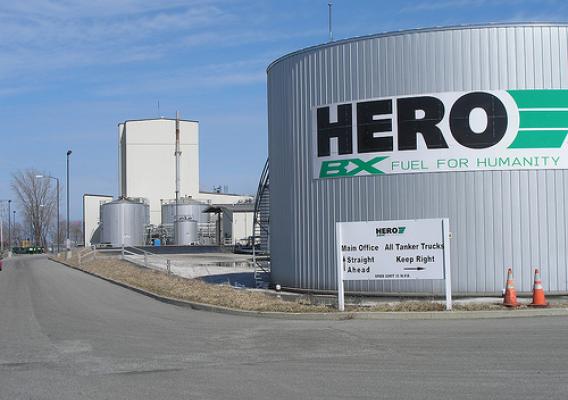Recently, I visited Tohono O’odham Community College, in Sells, AZ, one of the tribal colleges that the Department of Agriculture supports around the country to level the playing field and open the doors of higher education to more young people. The Tohono O’odham or “Desert People” live in the Sonoran Desert on tribal lands in the southern part of the state, bordering Mexico. The terrain is flat, dry desert and presents numerous agricultural challenges that USDA helps students address through research and hands-on training, teaching traditional scientific disciplines – but through the lens of the tribe’s needs and culture.
The college is doing a lot of work to keep their tribal language alive, providing language classes for all students. But science professor Dr. Teresa Newberry has taken that to a whole new level by building a Web-based database of plants that is built in three languages: English, Latin and Tohono O’odham. It’s the kind of project that integrates the native culture into learning in a practical, living way.









